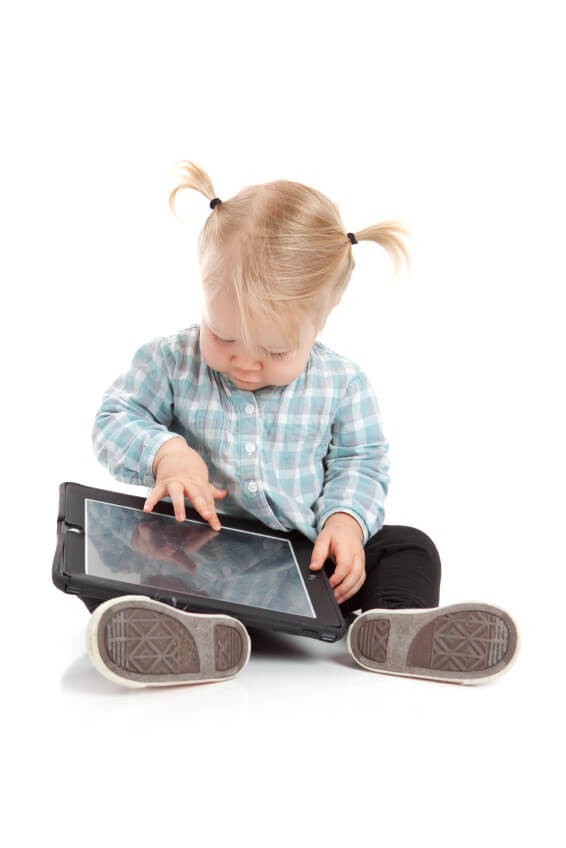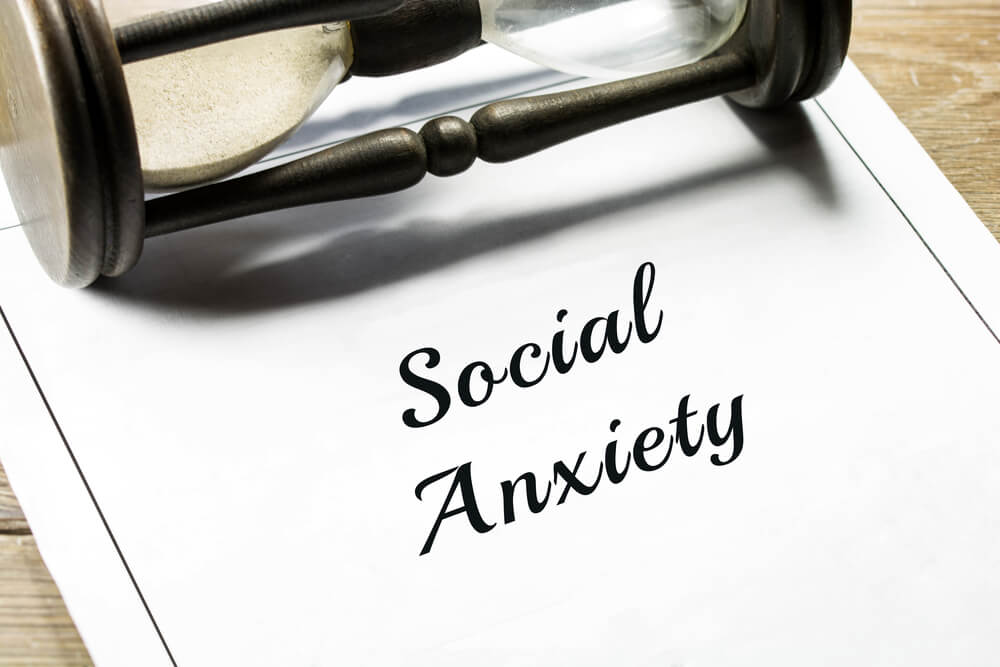Is It Safe For Toddlers To Use The Tablet?

Most parents are stricken with paranoia when it comes to making decisions involving their children. Every day, there are questions needing answers may it be from the most trivial "What shirt will Elliot wear today?" to the more impacting "Is he ready for play school?" and hope that they make the right choice. There are also many pros and cons to reflect on and it can easily get overwhelming. Among these, there is a current controversial issue that parents often find themselves conflicted on. So they ask, "Is it safe for my toddler to use the tablet?".
Oftentimes, the reason for handing the tablet to your child is just sheer fascination. More than it being a magical experience for kids, parents are also enamoured by the sight of their youngsters handling the gadget like a pro. Consider it as a party trick, if you will. Another reason is convenience. Nothing occupies a child while a parent goes about other things more effectively than a tablet. Finally, parents also allow their children access to these pieces of equipment to prepare them for what lies ahead. It can be very disappointing to a parent knowing how far behind their kids are when it comes to technology and learning.
Finding out the answer to the question of whether to allow tablet use or not is simpler as it appears to be. It will require a lot of observing and analysis from the parents but this is time worth spending. Here are 3 items to regard to help you decide:
1. Assess the child's level of maturity
A tablet is an investment, a somewhat expensive one at that. While it is easy to replace a plastic toy when mishandled, you cannot do this with a tablet without coughing up big cash. Observe how your children are in taking care of their stuff. Check as well for their capacity to follow instructions on how to use certain "grown up" things at home such as a remote control or the fridge. If you see that they are doing a good job at it, then it may be time for them to have "grown up" stuff of their own. You may even use it to reward them for properly looking after their things and reinforce the behaviour.
2. Consider your child's level of development and learning style
Children are unique in every way. This is especially true in their development and learning. They are not very good at articulating how best they acquire information at their age so it is up to the parents, caregivers and educators to investigate on how best they learn. More often than not, their moods toward a particular teacher or educational show give away hints about their learning style. So the next time you ask your child why she loves Ms. McConachy so much, ask her too about the kinds of activities they do. She might say that she loves solving colorful puzzles with her. Knowing this can help you choose which learning apps your daughter will potentially enjoy and learn from the most.
3. Determine your capacity to monitor tablet use
If your reason for giving your child an iPad for Christmas is so that he gets out of your way, then I would not recommend giving him that present at all. A tablet is not a replacement parent or teacher. It is to be used as a tool to facilitate learning. Give it out only if you or someone qualified to look after your child can commit to giving him or her undivided attention while on the tablet.



